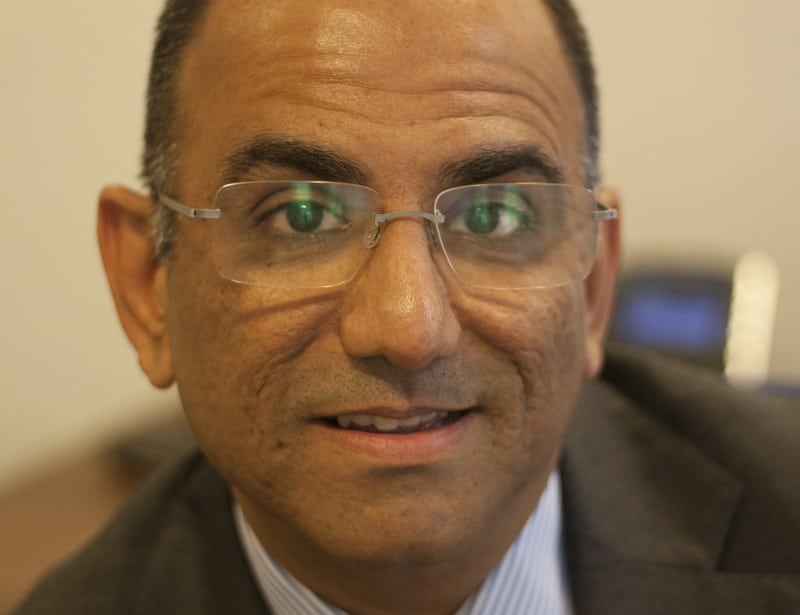Only 11% of fund boards directors are currently independent in the UK asset management industry, according to the State of the UK Fund Boards 2018 study published today, which surveyed 110 AFMs.
In April, the Financial Conduct Authority (FCA) announced AFMs will have to appoint a minimum of two independent directors or 25% of the board, depending on which is higher, as part of the final remedies and changes in the asset management market study. The average board currently has five directors, the research found.
Shiv Taneja, founder of consultancy UK Fund Boards and author of the report, told Portfolio Adviser the FCA took most of its inspiration for changes to fund board governance from the US, although Dublin and Luxembourg structures were also examined, alongside the investment trust industry’s set up.
US legislation requires 40% of directors to be independent, but Taneja said the actual figure is closer to three-quarters.
In the market study changes, the FCA announced its final rules on fund governance aligned closely with the so-called Gartenberg principles from the US, which are focused on the points a fund board must take into account when considering a management contract.
The FCA has determined 190 companies fall within the regulation and that 480 independent directors will be required to fill vacancies by 30 September 2019, when the changes to the collective investment scheme sourcebook come into effect.
Governance underwhelms
While the report shed light on board composition, Taneja said the marked absence of formalised board practice, procedure and culture did not come through in the figures.
Currently, boards are often made up of senior management, such as heads of portfolio management, distribution, administration or finance, Taneja said.
“There may be a company secretary, may be someone else has doubled up as the company secretary or that may have been outsourced. Do they actually hold quarterly board meetings? Maybe, maybe not.
“It’s all been run effectively as an internal executive committee rather than a formal board.”
He expected investment trust directors could be viewing the changes to AFM boards with interest.
“The investment trust industry has been up and running for 150 years. It’s a very well established procedure, process and formulation in the investment trust industry. The mutual fund industry is just baby steps in that direction,” he said. Although he added AFM boards were different in nature to investment trusts and would not become a replica of that industry.
Diversity
The UK Fund Boards report also found only 17% of directors are women, in comparison to 22% on investment trust boards, and almost half the 30% target, which most FTSE 100 firms are aiming to achieve by 2020.
Nationality was largely British, despite the large number of immigrants working in the UK funds industry. While 17% of small asset managers’ boards consist of non-UK nationals, in large and medium firms this falls to 3.7% and 10.5% respectively.
Taneja said the difference between firms could be because many small asset managers are owner-run by immigrants. Small firms were those with less than £1bn assets under management, while medium held up to £15bn and large firms were categorised as those with more than £15bn.










